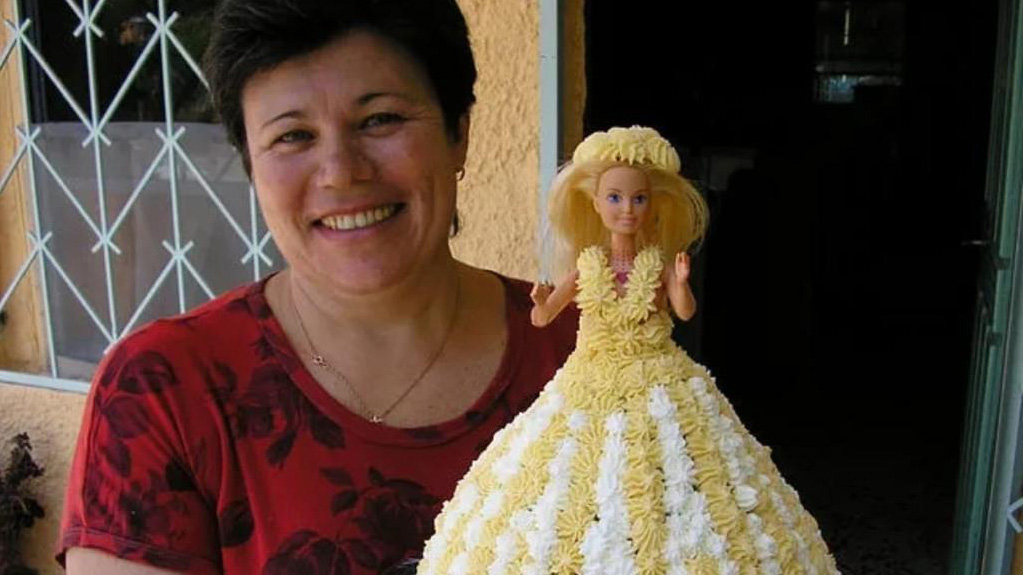
According to an old joke, after the fall of the USSR, the Jews who came to Israel were allowed to ship no more than a suitcase full of belongings. As the joke goes, they packed a few old clothes, and filled the rest of the suitcases with bottles of vodka, to bribe the border guards. Now, years later, it seems that the immigrants from the former USSR not only left their possessions behind, but their pensions as well.
Over 200,000 Israelis, originally from the former USSR, now live in Israel with no pension, despite having worked their entire adult lives.
Bella Levine (62) worked as an economist in Russia, but when she came to Israel, adapting to the language and culture was challenging, and she was unable to find work in her field. “I found it difficult to work without speaking the language, so I moved into catering. I earned three shekels below the minimum wage, so setting anything aside for my pension was out of the question,” she told Davar.
Nina Tzeplinski (63) was an engineer back in Russia, and now holds a relatively senior position in an Israeli high-tech company, but still fears retirement, having left so much of her pension fund back in Russia. “Thank God, I live well and love my job,” she said. “But after I retire I’ll have to choose between seeing a dentist and fixing my car.”
Michael Lewin worked for 40 years as a locksmith in Ukraine and Israel. He will not stop working when he reaches retirement age. “I’ll work for as long as I can, otherwise I’ll have nothing to live off,” he explained.

Some of those immigrants have managed to accumulate a certain amount thanks to their work in Israel, but often even in these cases,years of savings have been left behind, and remain inaccessible to them. In fact, many immigrants from the former USSR struggled to set aside funds from their low wage incomes in Israel, and only began accumulating savings towards their pension funds after 2008, when the Knesset passed a law requiring all employers to contribute towards their employee’s funds.
Sofia Borisov is a retirement consultant who works with the Ministry of Aliyah, and helps olim from the former USSR prepare for retirement. She has met thousands of Israelis who find it difficult to cope with retirement.
“We get teachers, engineers, businessmen. It really doesn’t matter who you are, you just can’t accumulate enough for a decent retirement in 10-15 years,” she said.
Approximately 140,000 Israelis who have immigrated to the country from the former USSR have to make do with the basic state pension, around 3,000 shekels a month. This means that without additional help, most retired immigrants live in poverty.
“My rent is 1,700 shekels a month. I only have 600 shekels left for food and other expenses,” said Tatiana, a pensioner.
As of 2016, 47% of Jews in Israel own a pension fund, with average monthly payments of about 6,600 shekels. Only 13% of olim from the former USSR own a pension fund, with an average monthly payment of approximately 2,000 shekels. 28% of olim who immigrated to Israel after the age of 40 are still working after the retirement age, compared with 18% in the general public.
“I don’t want to blame anyone else for my problems,” said Tzeplinski. “Today I know how to manage the Israeli pension system. If I knew what I know today when I came here, I might not have been in this situation today. But being an immigrant is difficult, I’m not sure that I could have don’t it differently.”
This challenge will soon fall into the hands of Avigdor Lieberman, leader of the secular nationalist Yisrael Beiteinu party, who is set to become the next Finance Minister. For years, the Yisrael Beiteinu party, which aims to represent Israel’s Russian-speaking olim population, sought to implement a special increase in government benefits for those who do not receive pension payments. According to Yisrael Beiteinu’s campaign platform, those whose sole income consists of government benefits will receive an additional allowance of up to 70% of the minimum wage in the economy.






